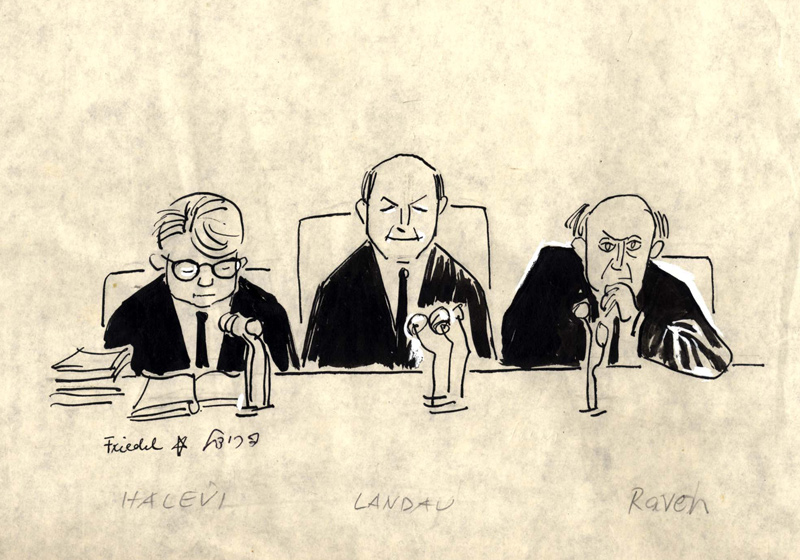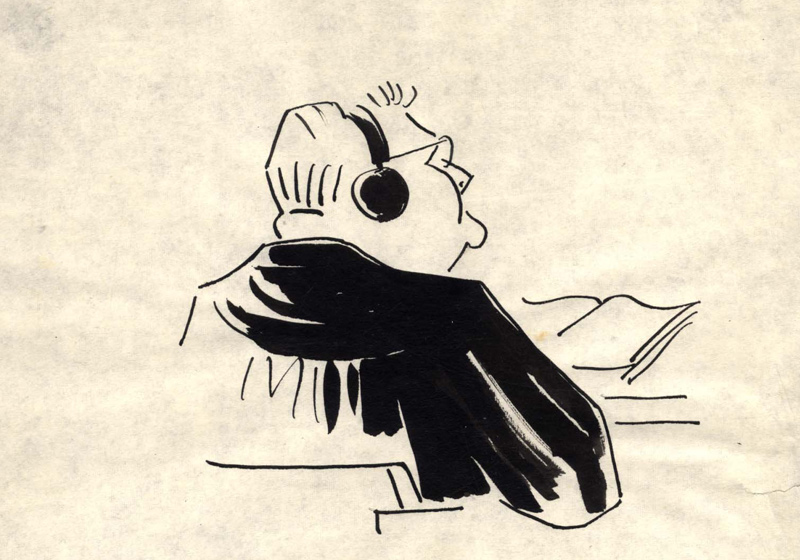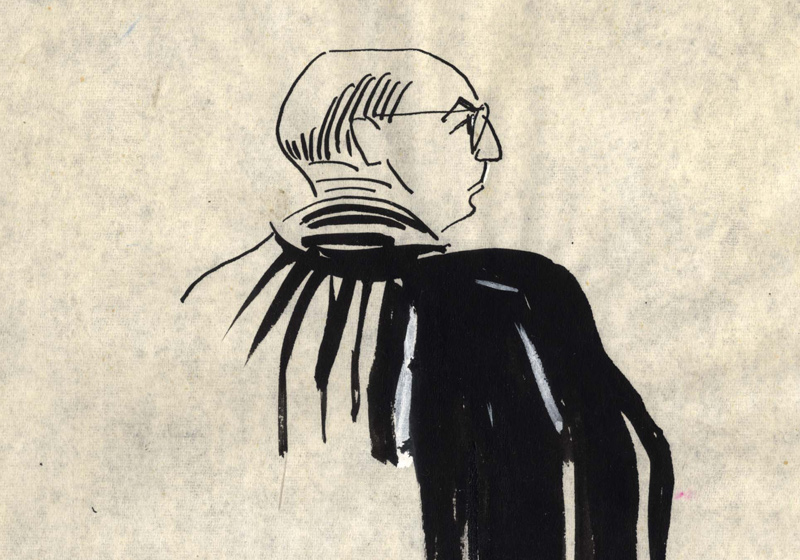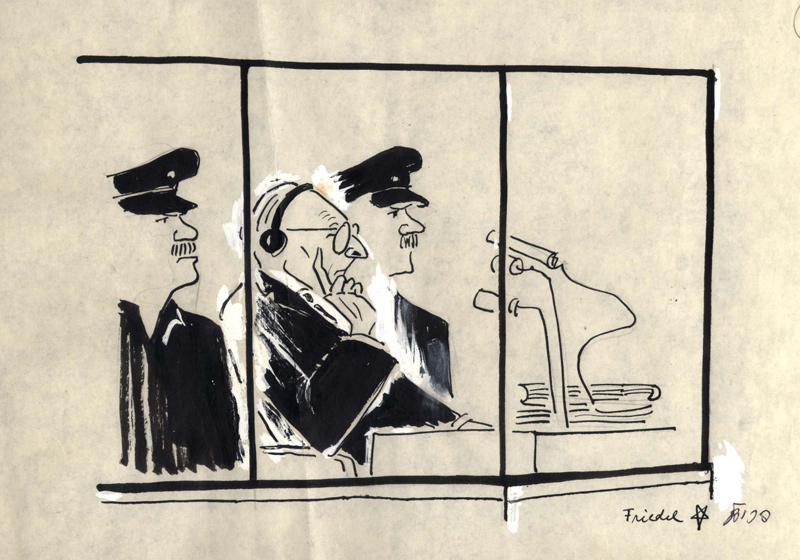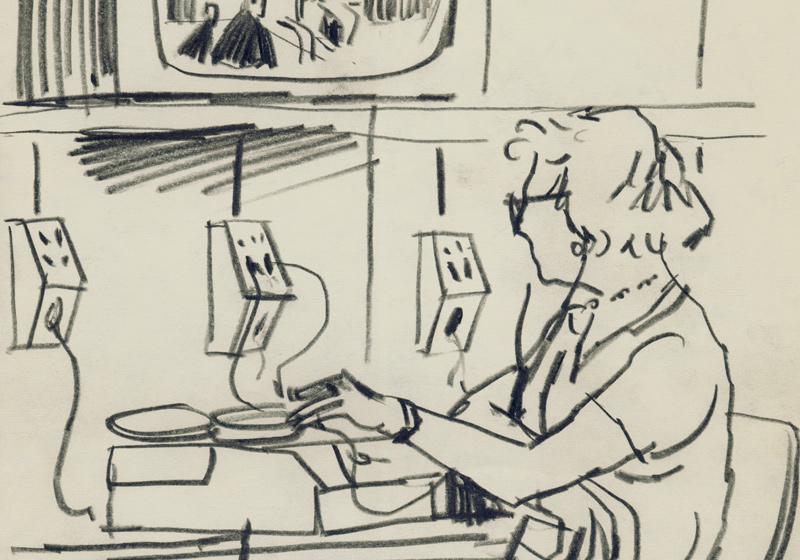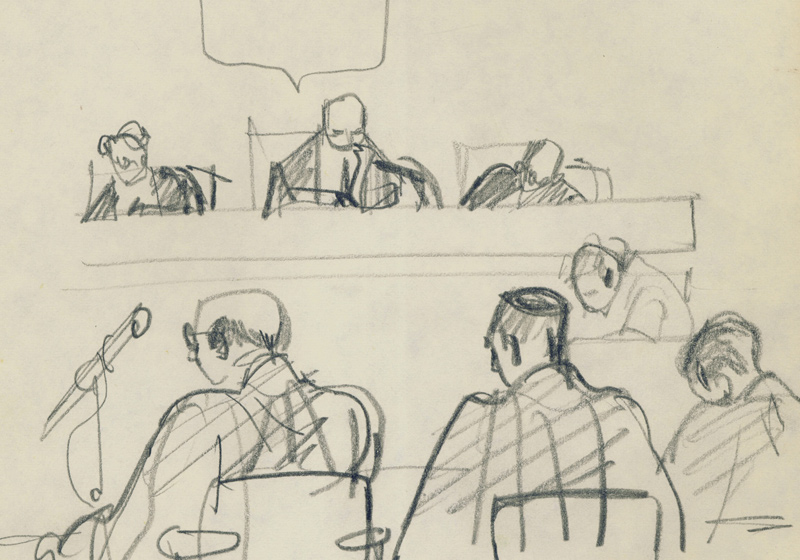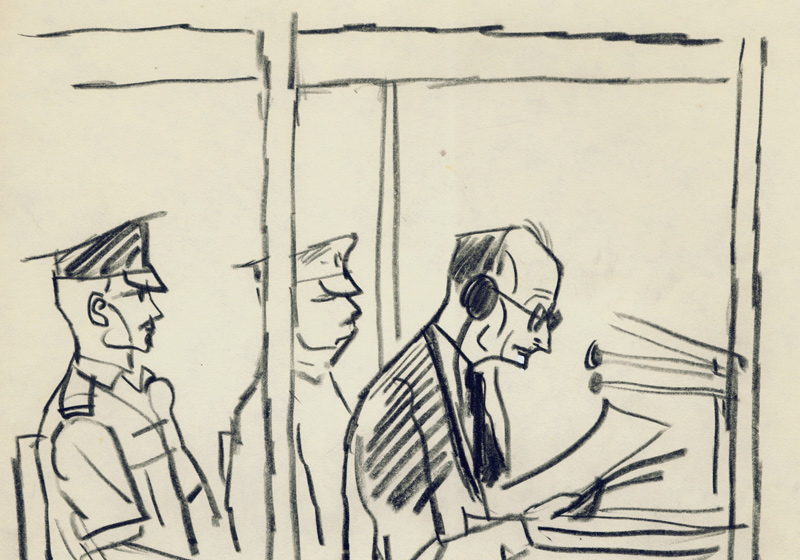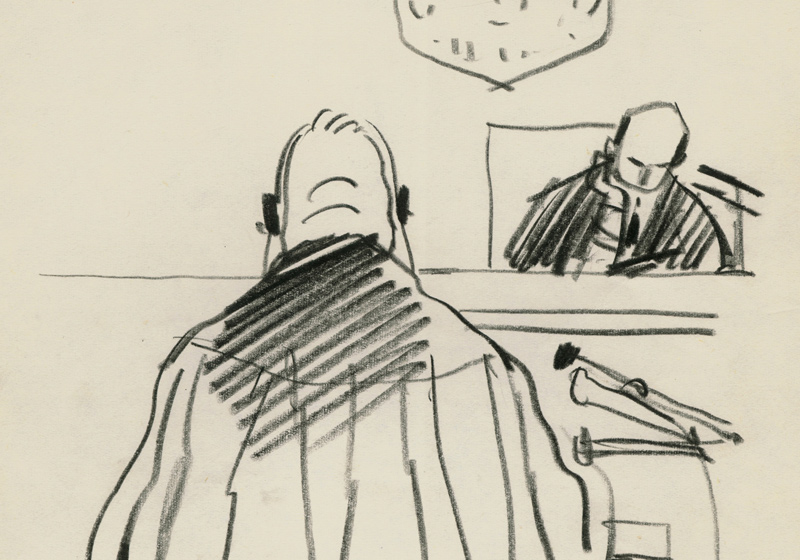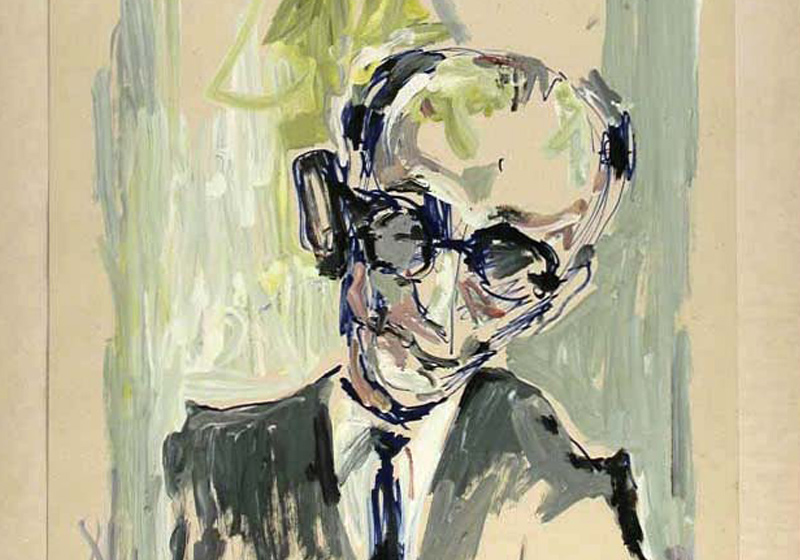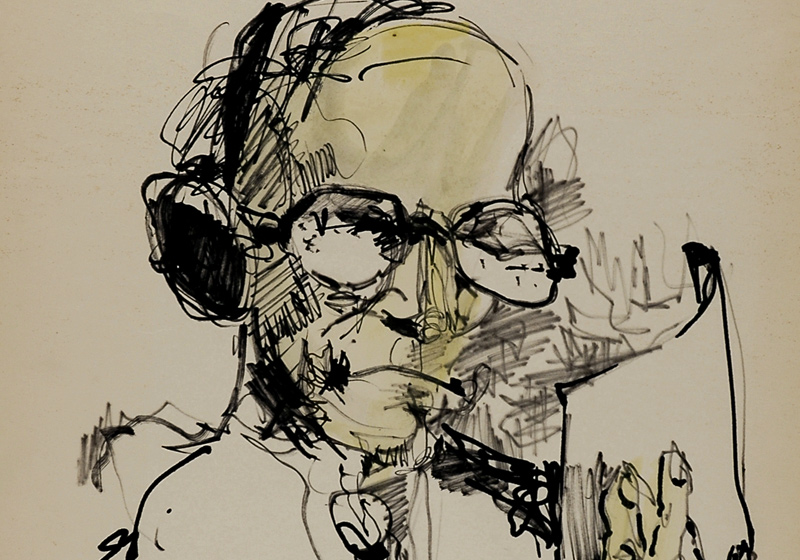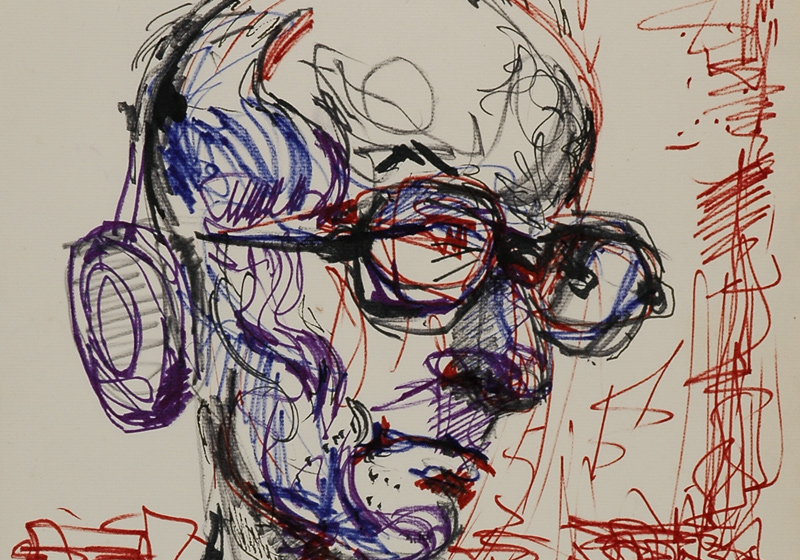The Eichmann Trial
"With Me Here Are Six Million Accusers"
Shaping an Awareness of the Holocaust in Israeli and World Public Opinion
The trial set the first milestone of a years' long process, an ongoing turnabout in shaping an awareness of the Holocaust in Israeli and world public opinion. The trial broke down the reluctance of many Israelis and Jews to approach the Holocaust, due to the powerful impression left by the personal testimonies of over a hundred witnesses who were called upon to recount their experiences during the Holocaust. Echoes of the trial finally attracted attention and awareness to the Holocaust survivors living among us, who had hesitated prior to the trial, to tell their personal stories, owing to a reluctance and an absence of openness among many native-born Israelis.
The trial brought about a significant change among Israeli youth in their attitude to the Holocaust. For them and other young Jews, the Holocaust was a remote and abstract issue. The trial was a significant step in conveying the Holocaust to Israeli and Jewish students, a process that reached fruition in the eighties and nineties, in the form of school delegations to Poland; to the sites of the former ghettoes and camps; and with youngsters writing essays about their own roots. As a result of the trial, the Holocaust is now perceived as an integral part of their identity as Israelis and as Jews.
The Eichmann trial also served as a catalyst for promoting other important trials of German Nazis. The most significant of these was the trial of the Auschwitz criminals, launched in 1963 in Frankfurt am Main. The consequence was a growing nervousness among other fugitive criminals, principally in South America, obliging them to adopt heightened precautions. In Paraguay in 1965, following the capture of Eichmann, Mossad assassinated Herbert Cukors who had overseen the annihilation of the Jews of Latvia. Another outcome of the trial was the spotlight directed upon former Nazi criminals who were playing an active role in administration and culture in post-war Germany. The storm surrounding Hans Globke and Kanzler Konrad Adenauer, which raged in Israel and the Western world, can be attributed to this moral and legal aspect, and likewise, the campaign Israel waged against German scientists operating in the military field in Egypt.
The trial has given rise to an extensive body of literature. To date, some 600 works of various categories have been published in numerous languages. In addition, close to 100 documentary films and several feature films have been produced.
Renowned poets and writers have written about the trial, including: Eli Wiesel, Primo Levi, Nathan Alterman, and Haim Gouri. The trial sparked intellectual controversy among scholars in Israel and worldwide, the best known being the debate on the journalistic reports of political philosopher Hannah Arendt.
The trial revolutionized the status and importance of Yad Vashem as the institution that provided the groundwork of research for the team preparing the trial. Ever since the trial, Yad Vashem has progressively achieved a pivotal position as the prime national and international location for Holocaust research and commemoration. The bringing together of documents and photographs, alongside the witnesses and testimonies the institution supplied to the prosecution, has secured its place as the most comprehensive resource on the Holocaust.

